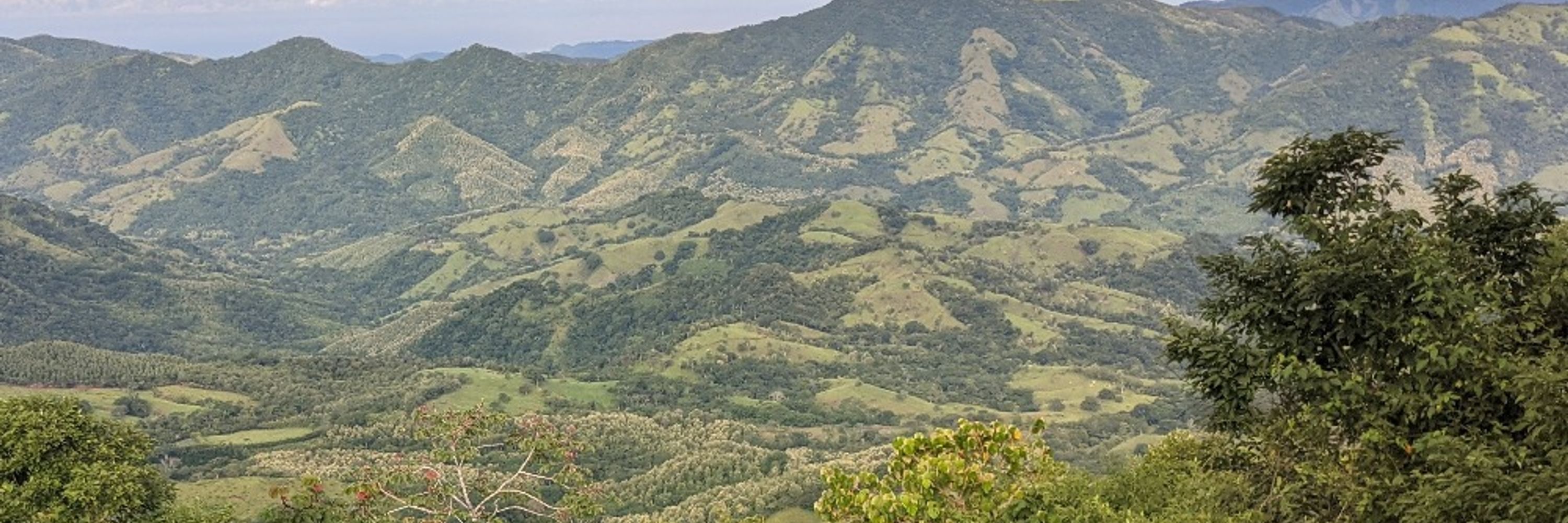


(Also this costume was 100 percent kid driven)



(Also this costume was 100 percent kid driven)

This is despite prior work arguing that an emphasis on novel birds translates into dedicated birdwatchers preferring dull species.
Dedicated birdwatchers may value beauty in birds, just like everyone else.

This is despite prior work arguing that an emphasis on novel birds translates into dedicated birdwatchers preferring dull species.
Dedicated birdwatchers may value beauty in birds, just like everyone else.
Maybe tour operators are balancing novelty with the risk of disappointing clients when they inevitably fail to encounter rare species?

Maybe tour operators are balancing novelty with the risk of disappointing clients when they inevitably fail to encounter rare species?
First, tour operators recognized that birdwatchers value novelty above all else. Range-restricted species were ten times more likely to appear in trip itineraries than cosmopolitan species.

First, tour operators recognized that birdwatchers value novelty above all else. Range-restricted species were ten times more likely to appear in trip itineraries than cosmopolitan species.
(photos are example student posters)


(photos are example student posters)
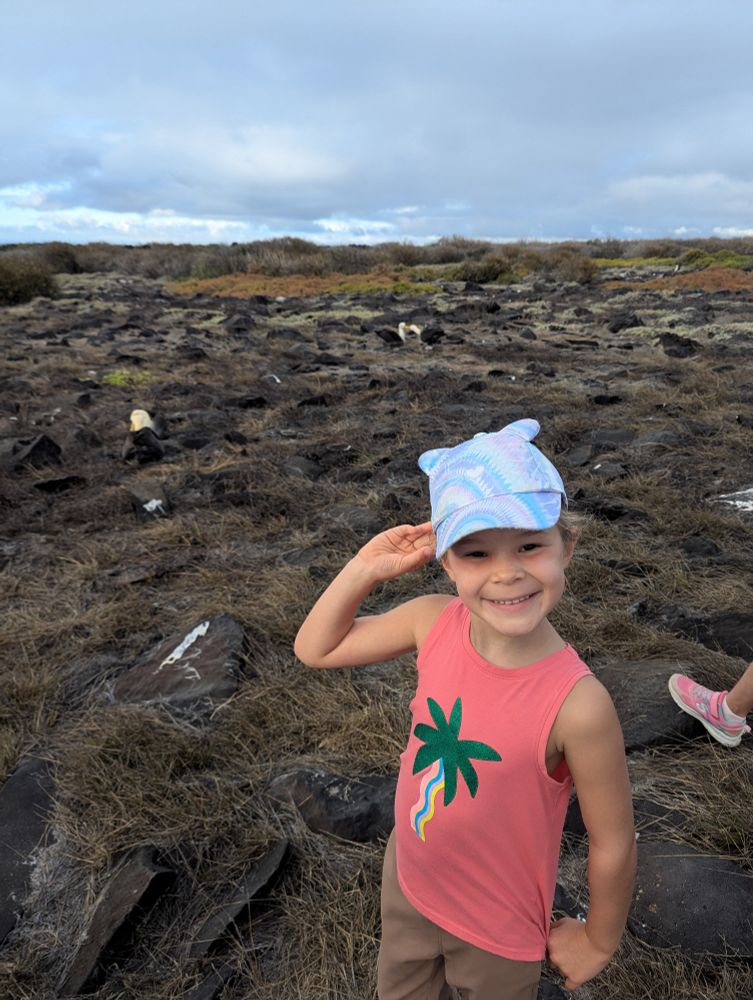
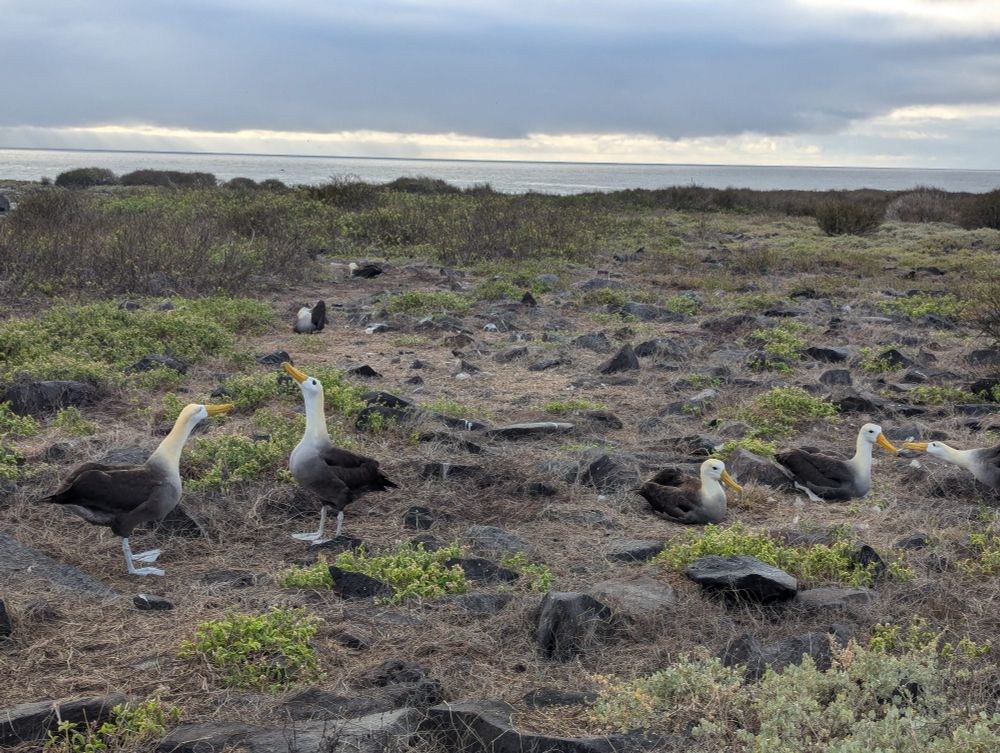
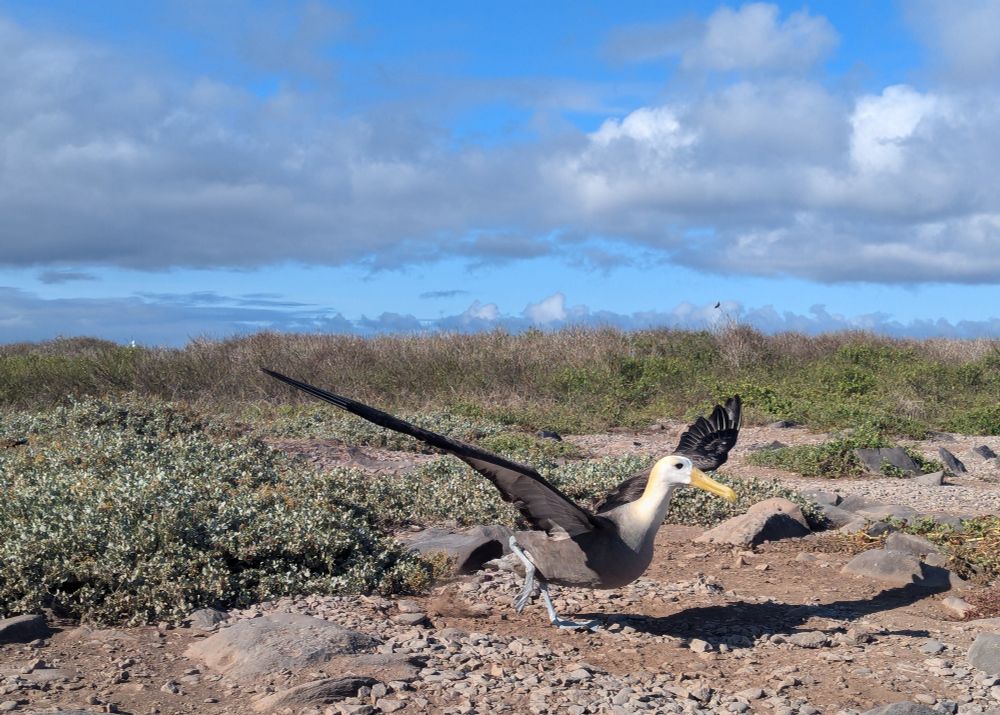
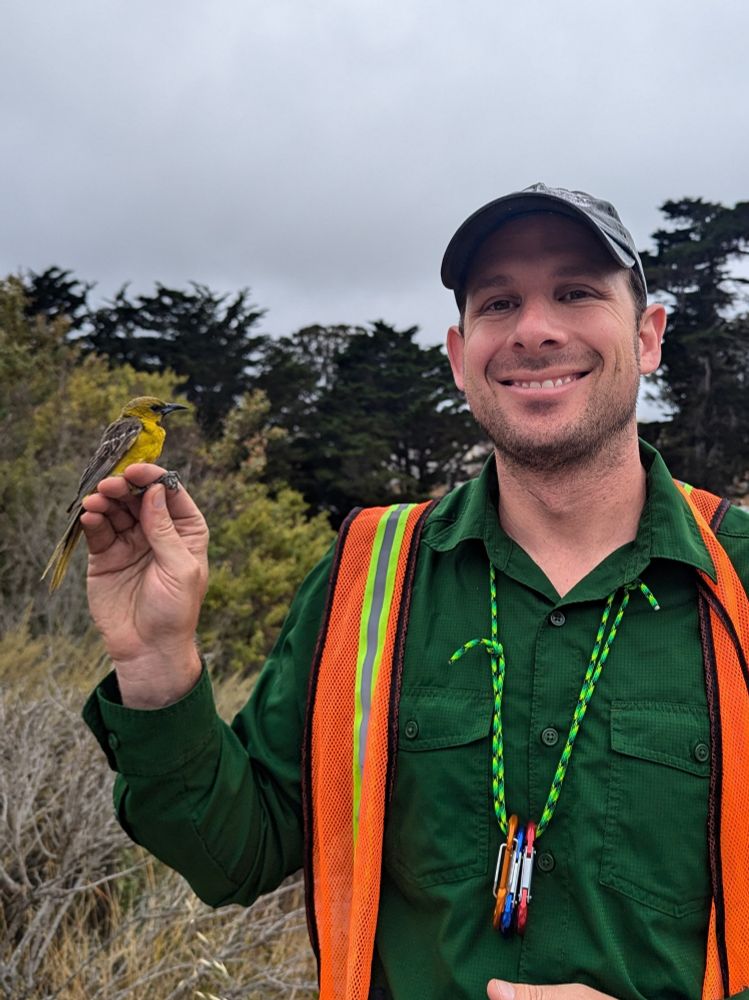
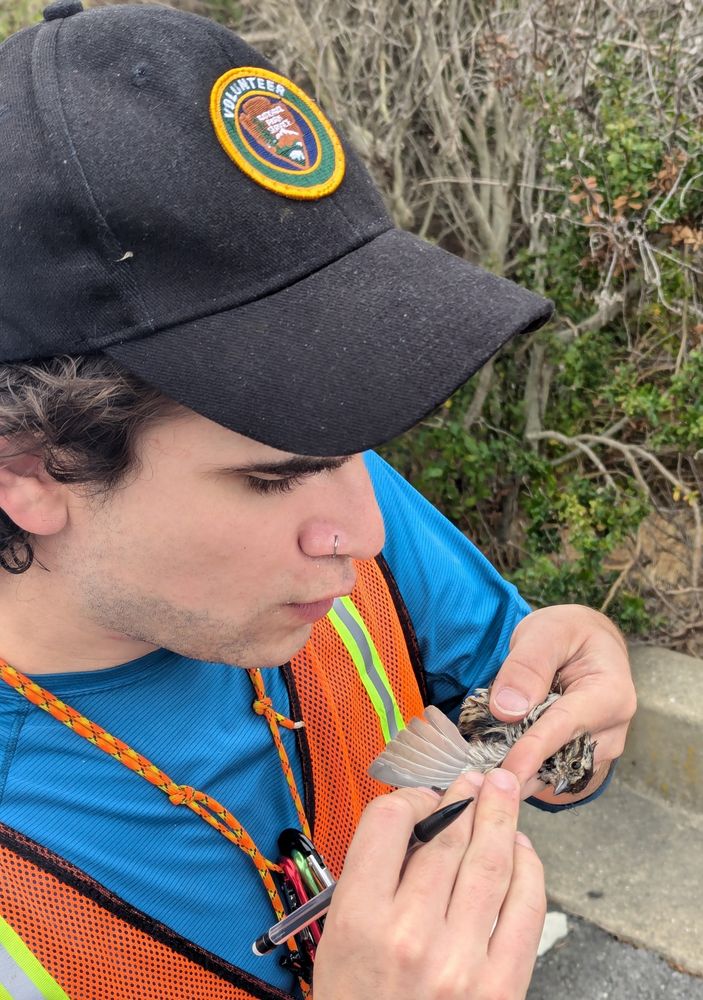
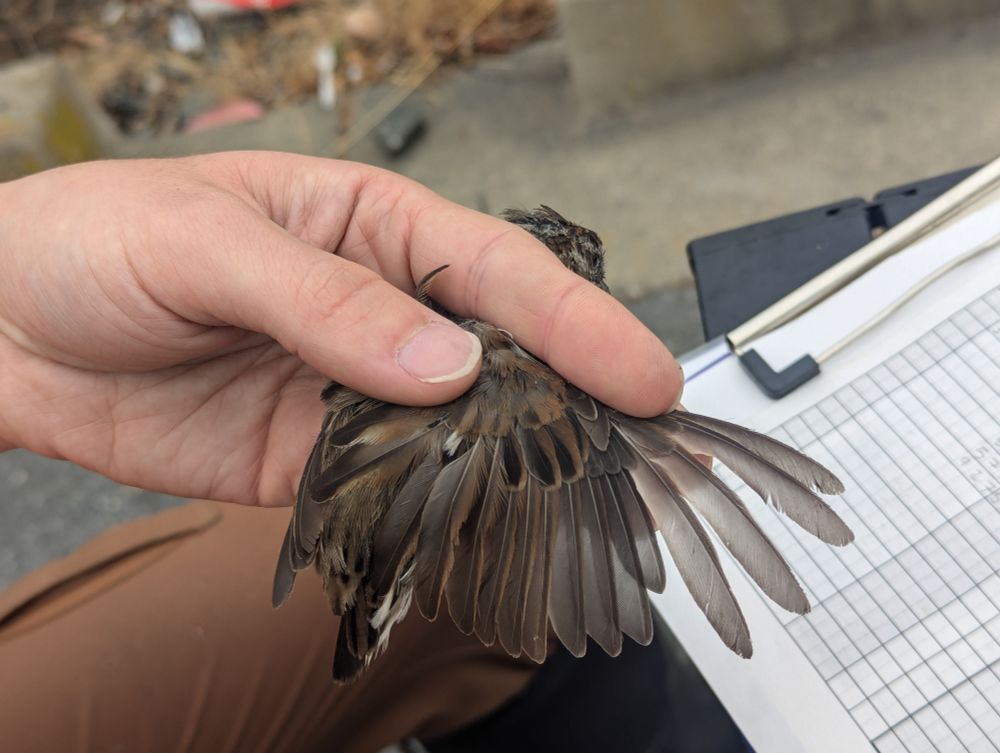
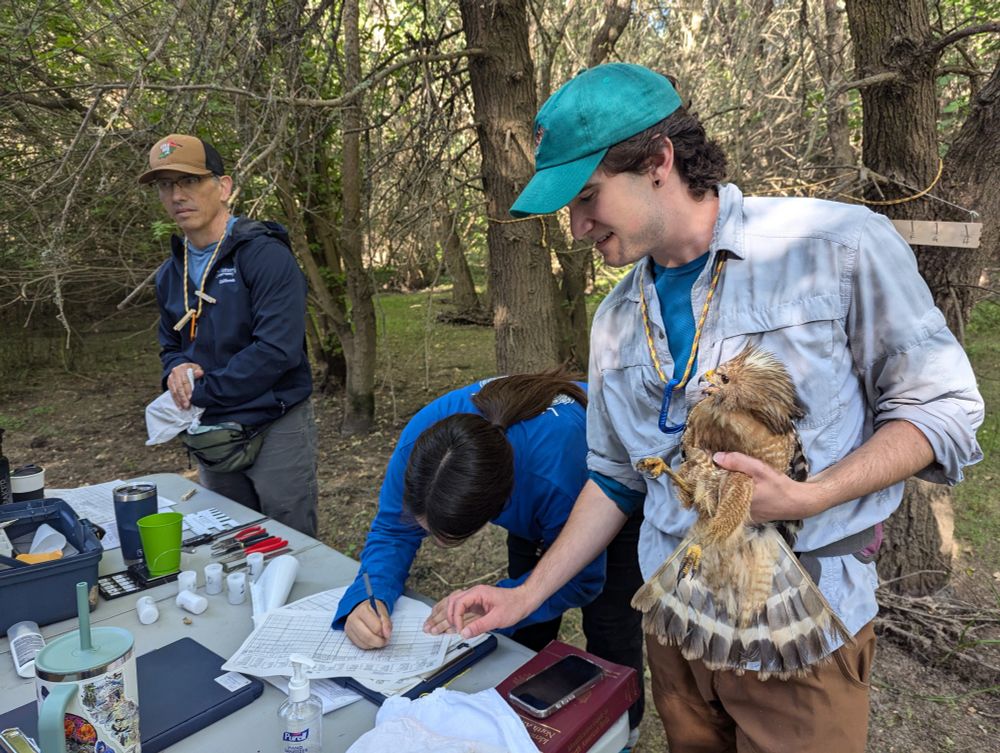
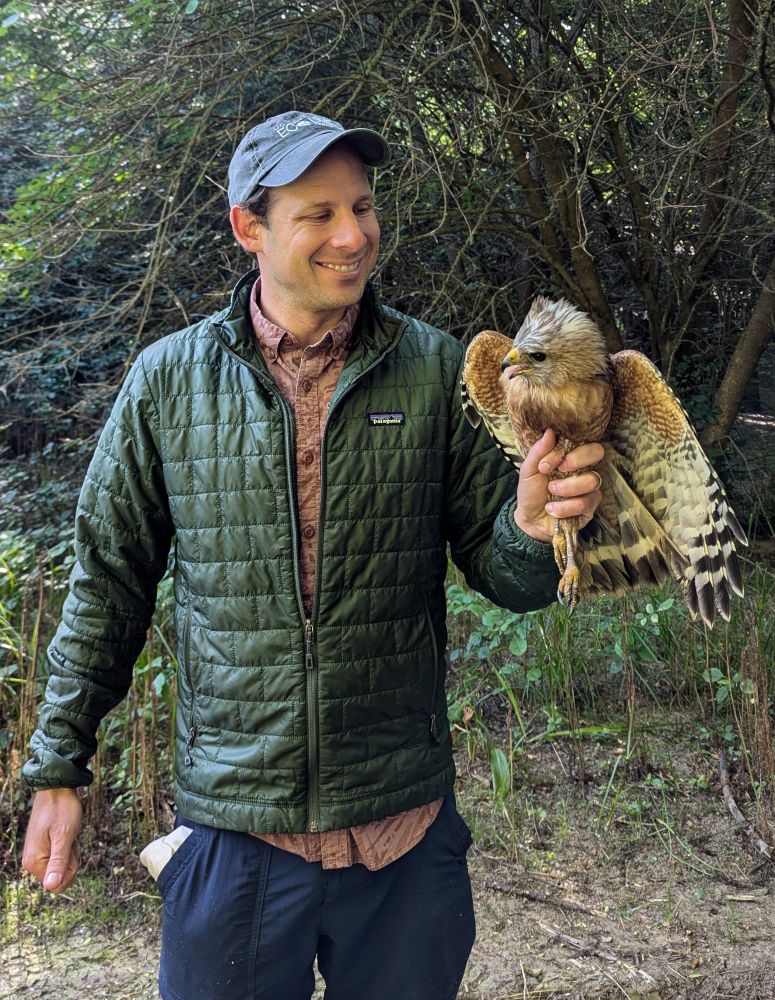
Apply by June 1, with a late summer or early winter start date.
The job ad is here: dkarp.faculty.ucdavis.edu/wp-content/u....
Feel free re-post!
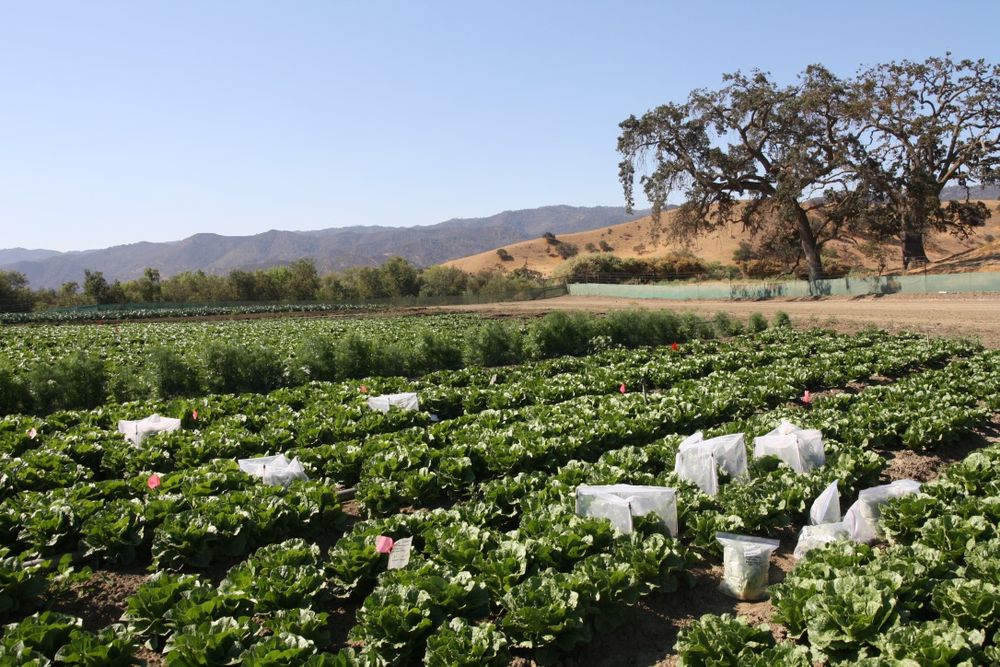
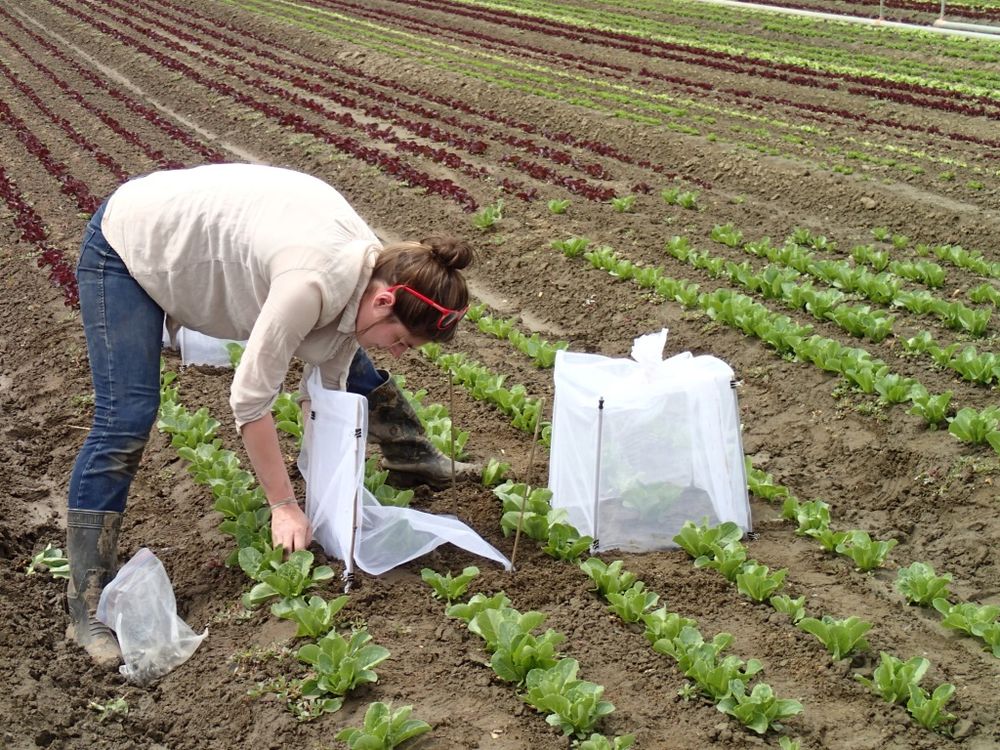
Apply by June 1, with a late summer or early winter start date.
The job ad is here: dkarp.faculty.ucdavis.edu/wp-content/u....
Feel free re-post!
Scrolling down colossal.com, you see these screen grabs.
In no world is de-extinction the solution to these issues!!!!!
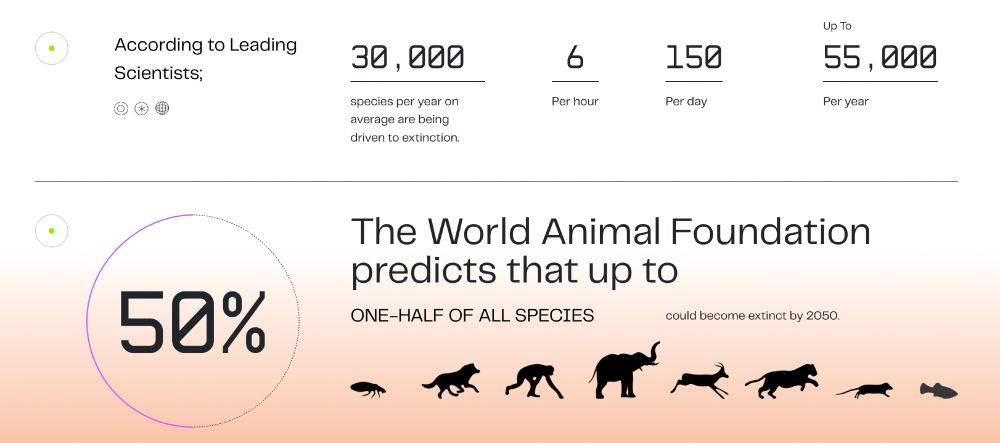
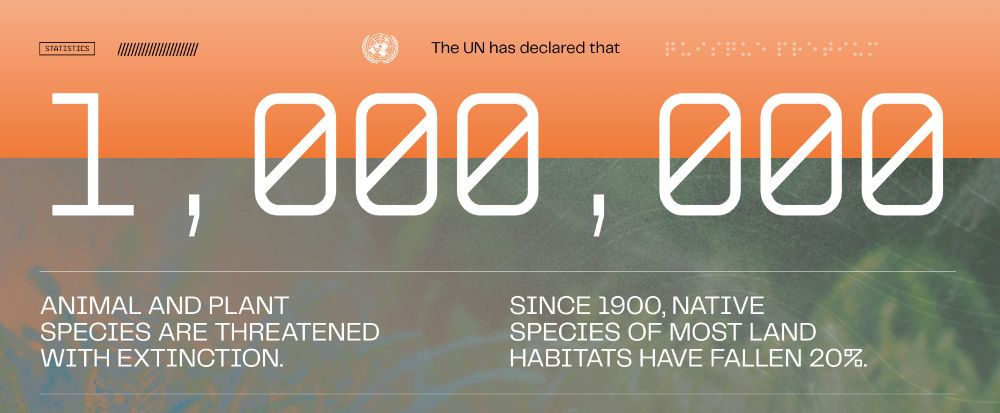
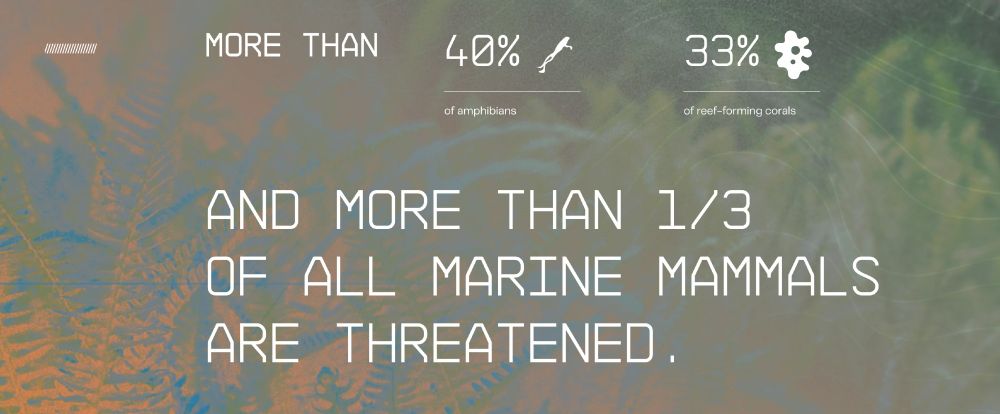
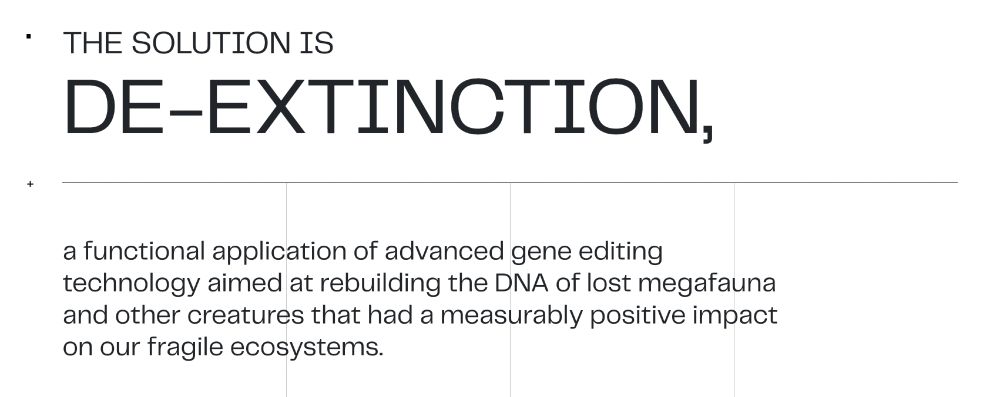
Scrolling down colossal.com, you see these screen grabs.
In no world is de-extinction the solution to these issues!!!!!
Now we get to see how they are affecting rice yields and greenhouse gases :)
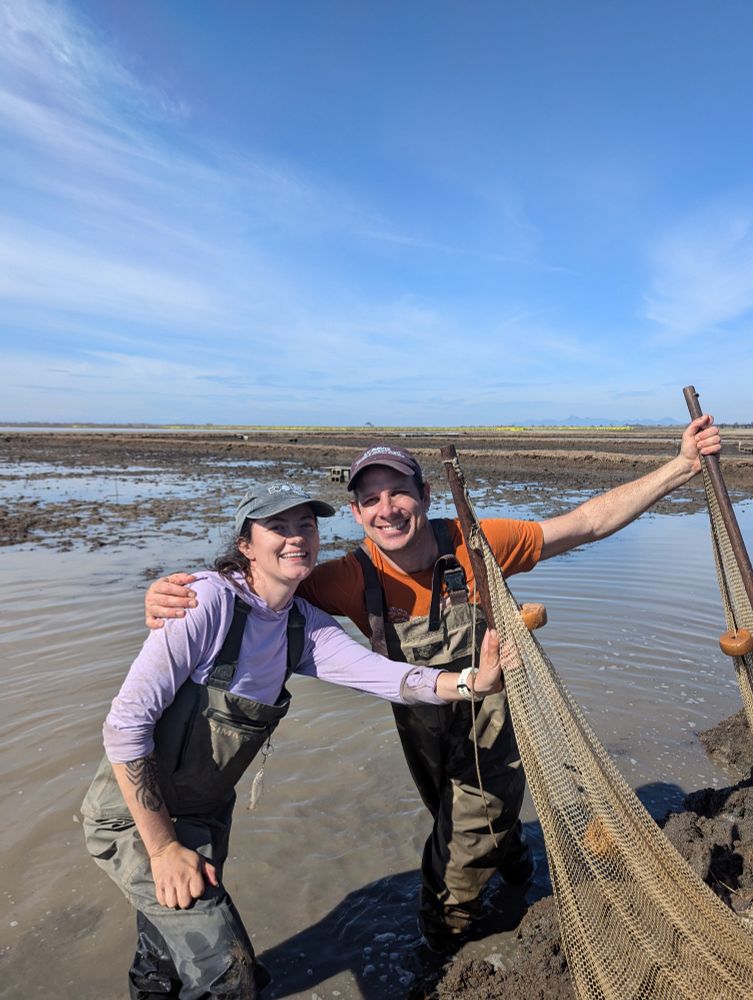
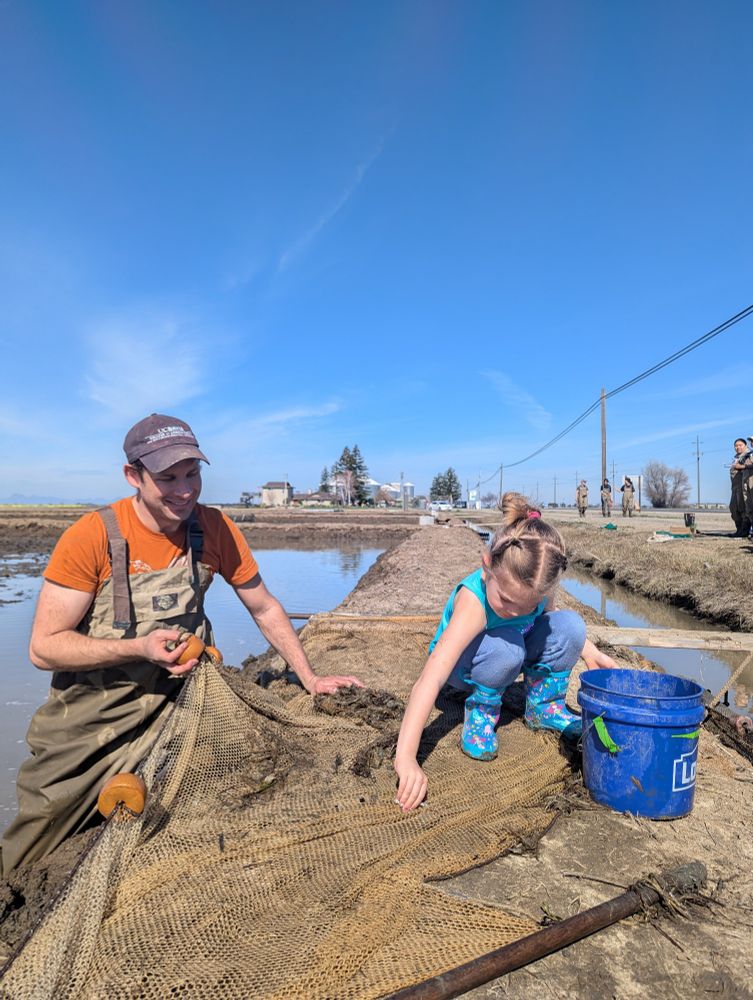
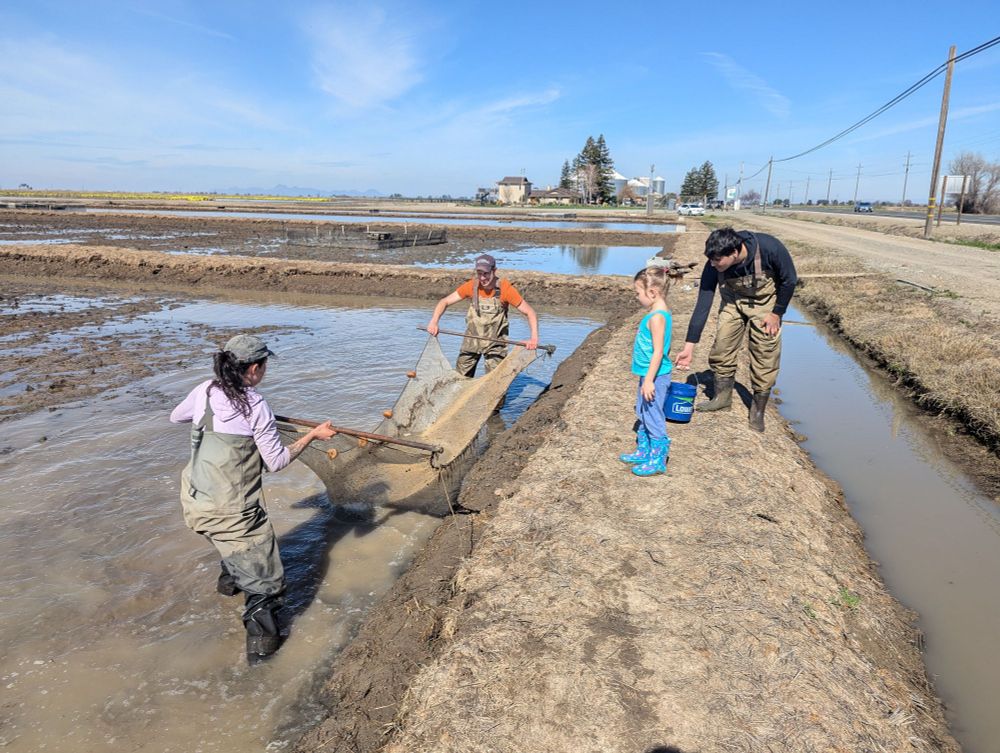
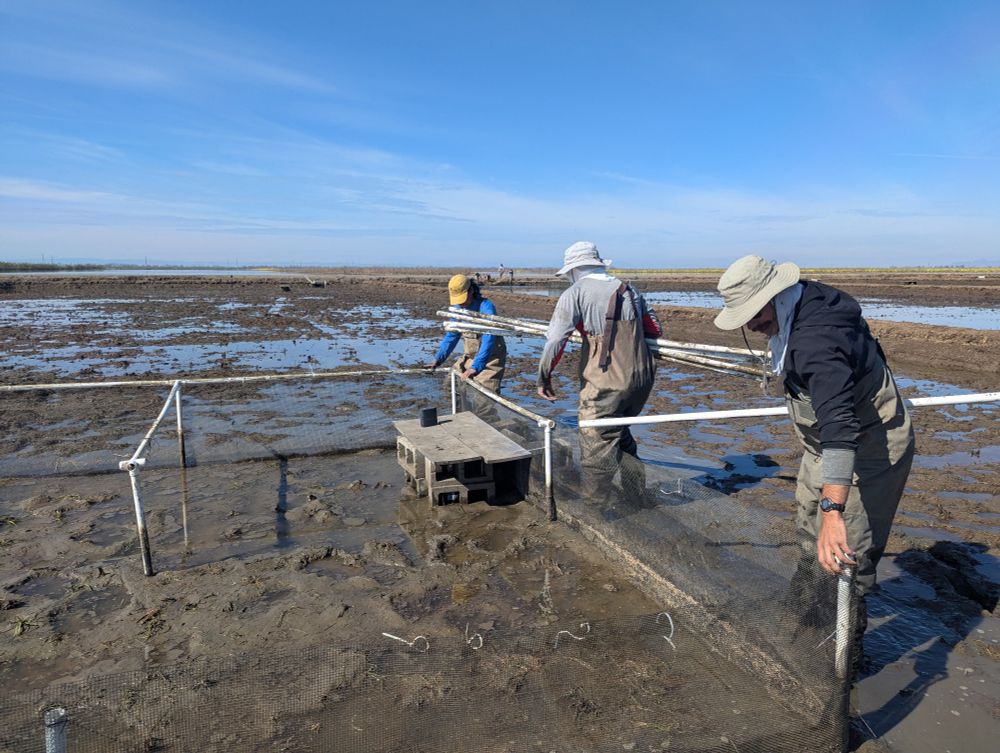
Now we get to see how they are affecting rice yields and greenhouse gases :)
More broadly, folks can use this work to help growers build co-management strategies based in science that promote biodiversity conservation, ecosystem services, and crop production.


More broadly, folks can use this work to help growers build co-management strategies based in science that promote biodiversity conservation, ecosystem services, and crop production.
Most of the feces we found on fields were small, produced by small birds!
We thus estimated growers could reduce crop losses by ~10% if they only forwent harvest in high-risk contexts.

Most of the feces we found on fields were small, produced by small birds!
We thus estimated growers could reduce crop losses by ~10% if they only forwent harvest in high-risk contexts.
E. coli just didnt survive long when we subsetted feces down to the size of a small songbird!

E. coli just didnt survive long when we subsetted feces down to the size of a small songbird!
Also, turns out body size is a super good predictor of poop size.
Thus, larger species that defecated larger feces harbored E. coli much longer than their smaller counterparts.


Also, turns out body size is a super good predictor of poop size.
Thus, larger species that defecated larger feces harbored E. coli much longer than their smaller counterparts.
We combined these data with point counts and fecal transects at 29 farms.
Basically, we followed around or caught a ton of birds to collect their poop. Glamorous work!


We combined these data with point counts and fecal transects at 29 farms.
Basically, we followed around or caught a ton of birds to collect their poop. Glamorous work!


This can lead growers to try to exclude ALL birds from their fields, which serves as a major barrier to conservation.


This can lead growers to try to exclude ALL birds from their fields, which serves as a major barrier to conservation.
Field Sparrow, Dusky-capped Flycatcher, and Lucy's Warbler- not too shabby :)




Field Sparrow, Dusky-capped Flycatcher, and Lucy's Warbler- not too shabby :)
Continuing with their awesome #scicomm trend, here's what we got in the mail today...

Continuing with their awesome #scicomm trend, here's what we got in the mail today...
So excited to see them grow and figure out if they can help rice grow and reduce methane emissions!




So excited to see them grow and figure out if they can help rice grow and reduce methane emissions!
The amazing Emily Mensch is PIT tagging thousands, before we start putting them out in fields to see how they affect rice yields and methane.
Also happy kiddo got to catch the recovering ones :)


The amazing Emily Mensch is PIT tagging thousands, before we start putting them out in fields to see how they affect rice yields and methane.
Also happy kiddo got to catch the recovering ones :)

